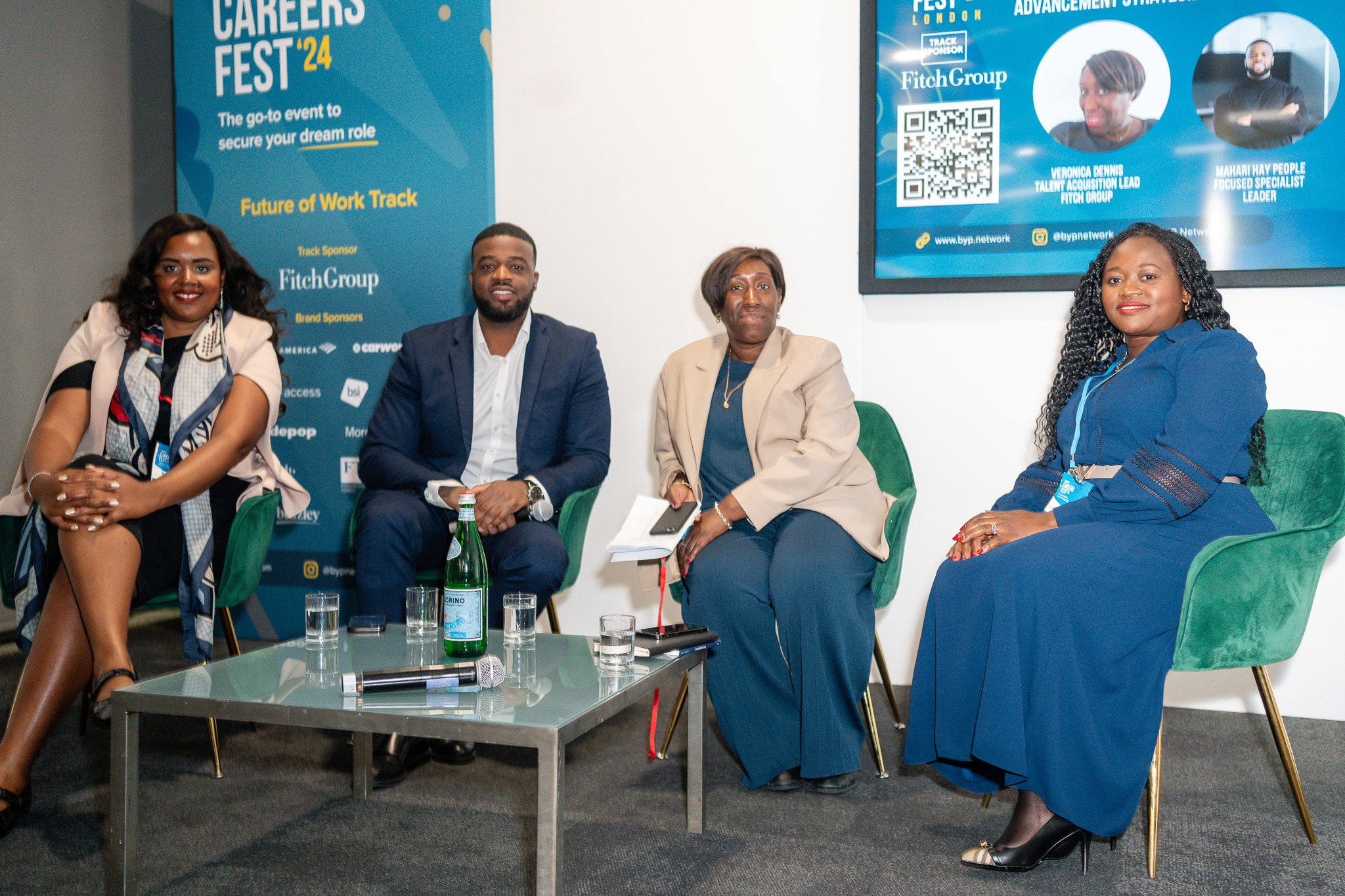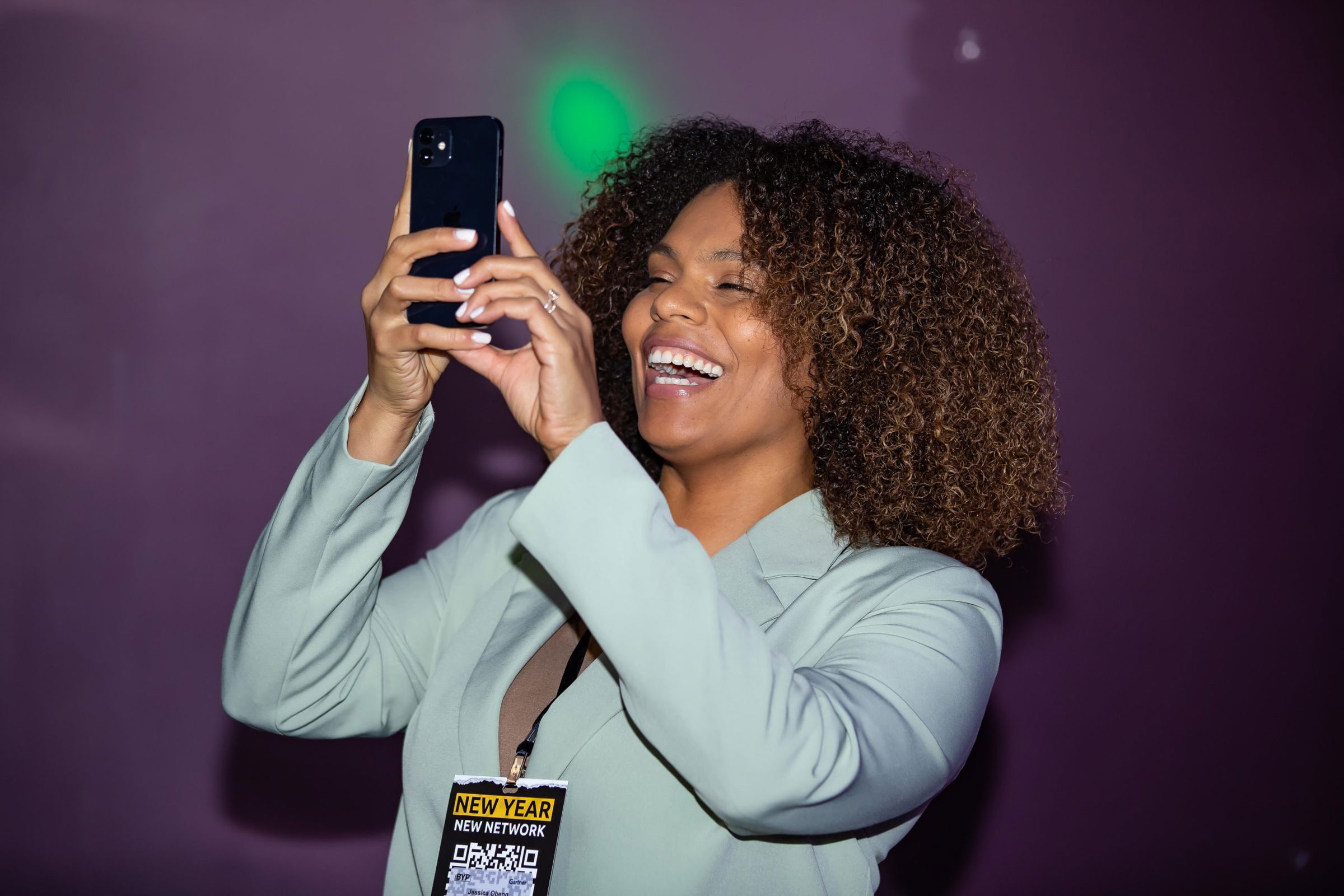Companies Should Adopt Truly Inclusive Practices
Diversity and inclusion, microaggressions, and career advancements can have different meanings depending on who you’re speaking with. Black professionals can trigger hurtful memories of workplace bias on the job. It is fair to attribute some of these changes to the mass resignation of 2021. Though, the pandemic only heightened issues that Black workers already had in the workspace.
Unfortunately, ethnicity affects employment in both direct and indirect ways. Black employers in the UK experience microaggressions more often than their White and Asian counterparts. These include expectations for employees to represent their entire race or ethnicity. Some also report that diversity and inclusion efforts are minuscule, despite organisations asserting the importance of these items in their public reports.
Welcoming different perspectives is imperative to the success of any corporation. Businesses often utilise teams to accomplish tasks, so when team members feel seen and heard, as well as their experiences and talents taken into account, the team performs better. Companies continue to stifle their progress by not adopting truly inclusive practices.
Reasons your company is struggling to retain Black talent
Too often, Black people deal with the negativity of conscious and unconscious bias in workspaces. Outright racism runs rampant in corporate spaces, but employees do not feel comfortable or safe reporting these incidents for fear of losing their jobs.
Black employees often work in hostile environments threatening their wellbeing
In the workplace, hostile environments compromise employees’ mental, emotional and financial health on the receiving end. These actions range from harmful or offensive jokes and continuously mispronouncing names to policies that outright target the Black experience.
For example, a Black Caribbean lecturer in England admitted, “I drive a nice car, and one staff member asked me if I was a drug dealer because how else could I afford [it]?” Remarks like these are offensive and undermine the hard work and effort employees put into their careers.
Furthermore, it gives insight into what non-Black employees may think or feel even if they do not say it aloud. These thoughts are the catalysts to rules and regulations like preventing employees from wearing their natural hair or speaking up about their experiences at work.
Lack of professional development and mentoring
Black workers also report not having access to upward mobility in their organisations. Compared to their white counterparts, they do not have the same relationships with senior leadership. This can be attributed to personal experiences, where people are typically closed when they can readily relate. However, corporations have the responsibility of promoting stronger bonds and employee engagement.
These boundaries impact gatekeeping, where regardless of a worker’s strengths, they are excluded from the possibility of promotions. Corporations can exercise proactivity by creating leadership connection opportunities. Formal sponsorship and mentorship programmes – such as BYP’s own dedicated scheme – will open lines of communication that otherwise would not exist.
The most promising aspect of these issues is the space for improvement and tangible change. UK companies like the tech giant Capgemini ranked number one of the top 50 most inclusive employers. They could take into account the social climate of the 2020 BLM protests and directly apply a realistic and empathetic approach to their employment practices.
Corporations can include BYP’s Black Experience Course as part of their leadership training to help equip their workforce with the skills to attract, retain & engage Black talent.






